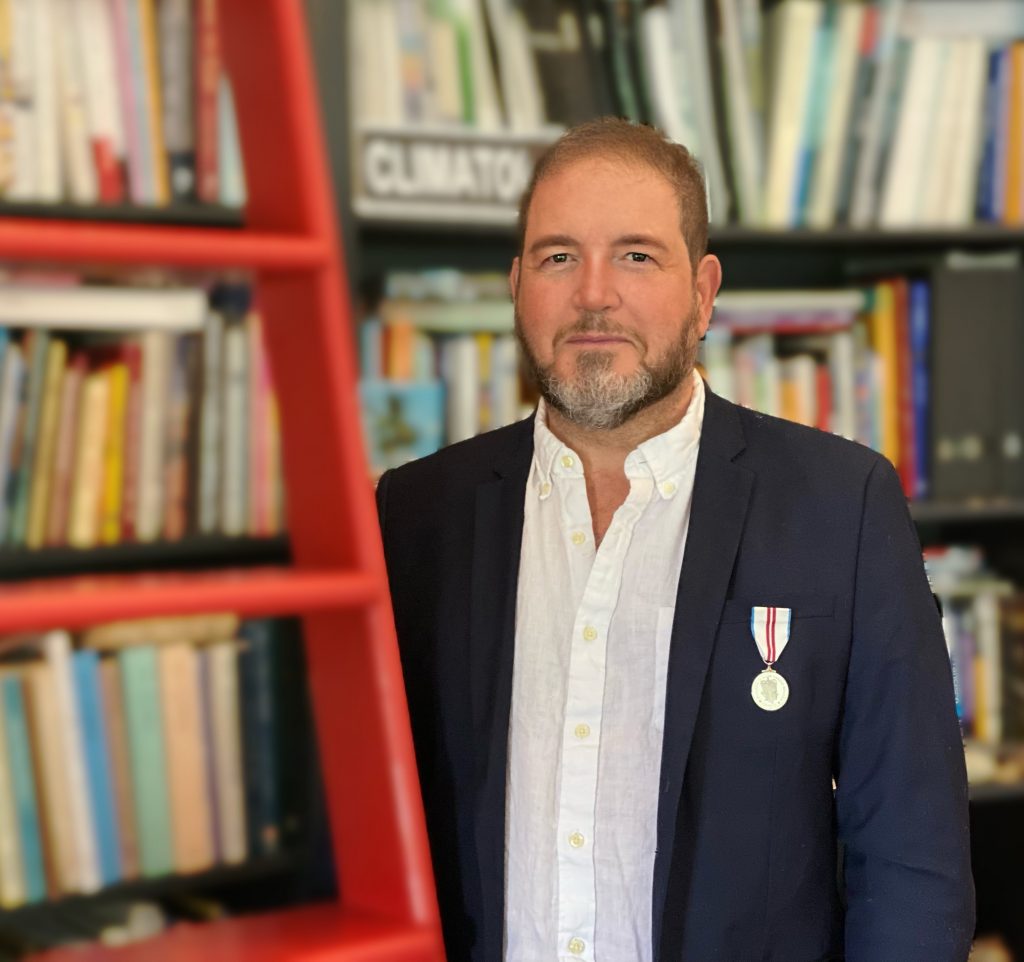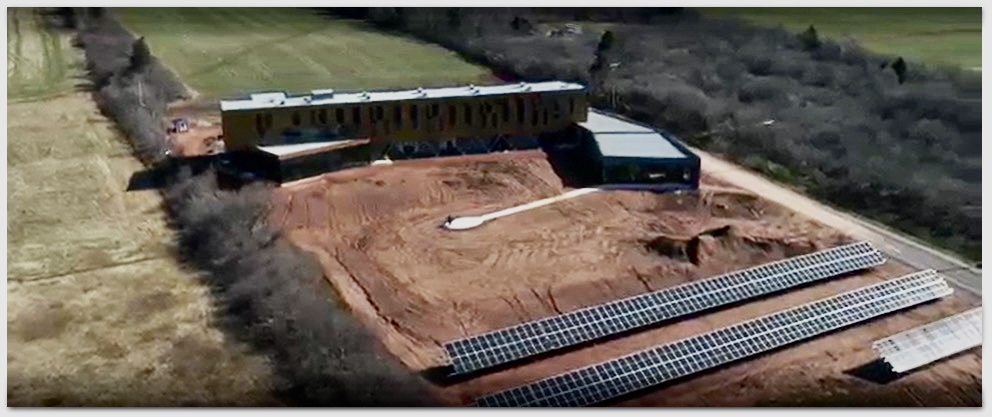Coming to a community near you: An update on Prince Edward Island’s coastal erosion
The Government of Prince Edward Island and the University of Prince Edward Island have come together to survey PEI’s changing coastline every year and build a number of tools that allow Islanders to understand their property’s vulnerability to coastal erosion.
Dr. Adam Fenech, University of Prince Edward Island’s Climate Lab, is touring the province to speak about coastal erosion and the vulnerability of Island communities to climate change, and to show the tools available for understanding this vulnerability.
One of these tools is a new, revamped version of CLIVE (CoastaL Impacts Visualization Environment), the internationally award-winning videogame that allows Islanders to fly over PEI, raise and lower sea levels, and click on-and-off coastal erosion rates.
“The UPEI Climate Lab will visit eight communities in early July to showcase the new CLIVE,” said Fenech, “which has been shown scientifically to increase the knowledge and awareness of coastal issues, increase people’s concern about coastal issues, and most importantly, increase their willingness to take action against climate change.”
CLIVE uses a videogame interface that combines available coastal survey data, historical records, and predictive climate change models, and translates them into a 3-dimensional geovisual information tool that can be explored and queried by non-scientist stakeholders. It allows citizens of an entire Canadian province to explore past environmental change, and how climate change may impact coastal communities due to sea-level rise at various scales.
CLIVE won an international award in 2014 from the Massachusetts Institute of Technology for communicating coastal risk and resilience, and the 2014 Murray Pinchuk Community Builder Award recognizing the highest standard of community building in the public and private realms, and efforts to develop a coastal erosion visualization tool and work to share ideas on how best to adapt to coastal erosion and sea level rise. This new CLIVE is a significant improvement on the past, said Fenech.
Fenech has worked extensively in the area of climate change for 36 years and has edited eight books on climate change. He was featured in a book published last year titled Inspiring Canadians: Forty Brilliant Canadians and Their Visions for the Nation. He was awarded the Queen Elizabeth II Platinum Jubilee Medal (Prince Edward Island) created to celebrate the 70th anniversary year of Queen Elizabeth’s Accession to the Throne, for his “positive impact on the preservation of the environment.”
The following is a schedule for the CLIVE travelling roadshow:
July 2, 2024, 3:00 to 4:30 pm: Beaconsfield Carriage House, 2 Kent Street, Charlottetown, PEI
July 2, 2024, 7:00 to 8:30 pm, Victoria Historic Schoolhouse, 730 Victoria Road, Victoria-by-the-Sea, PEI
July 3, 2024, 3:00 to 4:30 pm, The Pavilion, Historic St. Mary’s Church, 1374 Hamilton Road, Kensington, PEI
July 3, 2024, 7:00 to 8:30 pm, Eliyahou Wellness Centre, 20 Recreation Street, North Rustico, PEI
July 4, 2024, 3:00 to 4:30 pm, Wind Energy Institute of Canada, 21741 Route 12, Tignish, PEI
July 4, 2024,7:00 to 8:30 pm, West Point Harbourside Centre, 159 Cedar Dunes Park, West Point, PEI
July 5, 2024, 3:00 to 4:30 pm, The Lodge, 1358 Souris Line Road, Souris, PEI
July 5, 2024, 7:00 to 8:30 pm, Dr. Roddie Community Centre, 5549 St. Peter’s Road, St. Peter’s Bay, PEI
For more information, please contact climate@upei.ca.
This update to CLIVE has been supported with funding from the Government of Prince Edward Island and the Government of Canada through the Research and Knowledge Initiative.




